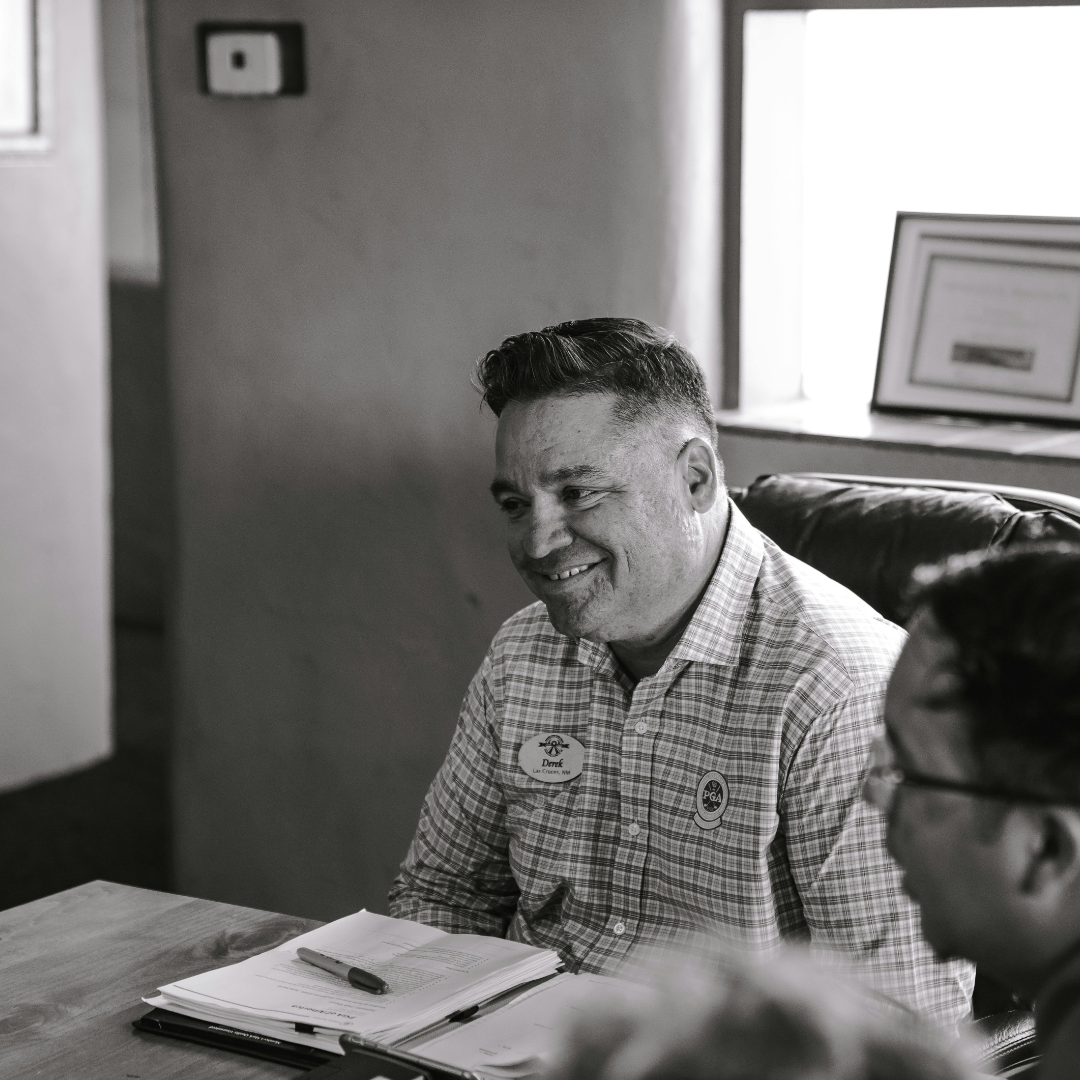Does Rehab Work?

A study published by the CDC and the National Institute on Drug Abuse in 2020 found 3 out of 4 people who experience addiction eventually recover, highlighting the potential for recovery through rehab programs. Separate data released by SAMHSA shows that of the 29.0 million adults who perceived that they ever had a substance use problem, 72.2% (or 20.9 million) considered themselves to be in recovery or to have recovered from their drug or alcohol use problem.
The question of whether rehab works is both complex and critical, as it addresses the efficacy of treatment programs designed to combat substance use disorders. Substance Use Disorder Rehabilitation, or rehab, involves structured interventions that aim to help individuals stop using drugs or alcohol and learn to live healthy, fulfilling lives without substances. The success of rehab depends on multiple factors, including the type of substance, the specific treatment approach, the duration of treatment, and the individual’s commitment to recovery.
Understanding Rehab Success
Rehab success is typically measured by several key outcomes:
- Sustained Sobriety: One of the primary goals of rehab is to achieve and maintain long-term abstinence from substance use.
- Improved Mental and Physical Health: Effective rehab should lead to better overall health, including improved mental health, reduced physical ailments related to substance use, and enhanced emotional well-being.
- Enhanced Quality of Life: Successful rehab helps individuals rebuild their lives, including better social relationships, stable employment, and increased life satisfaction.
- Reduced Relapse Rates: While relapse is common in recovery, successful rehab programs help minimize the frequency and severity of relapses.
- Social Reintegration: Effective rehab should aid individuals in reestablishing their roles within their families and communities.
Factors Influencing Rehab Success
Several factors influence the success rates of rehab programs:
- Type of Substance: Different substances have varying impacts on the brain and body, influencing recovery difficulty. For example, opioids and methamphetamines are known to be particularly challenging due to their powerful addictive properties.
- Treatment Approach: The methodology used in rehab significantly impacts outcomes. Effective approaches often combine medical, psychological, and social interventions.
- Duration of Treatment: Longer treatment durations are generally associated with better outcomes. Programs lasting 90 days or more tend to yield higher success rates than shorter programs.
- Aftercare Support: Continuous support after the initial rehab phase is crucial. This includes follow-up counseling, support groups, and sober living environments.
- Individual Commitment: The individual’s willingness to engage fully with the treatment process and make necessary life changes is vital for long-term success.
Evidence-Based Approaches in Rehab
- Inpatient Rehabilitation: Inpatient or residential rehab provides an intensive, structured environment. These programs offer 24/7 medical and emotional support, significantly improving the chances of sustained sobriety.
- Outpatient Programs: These programs allow individuals to live at home while attending treatment sessions. They provide flexibility but require a high level of personal commitment.
- Medication-Assisted Treatment (MAT): MAT is especially effective for opioid and alcohol addiction. It combines medications like methadone or buprenorphine with behavioral therapies to reduce cravings and withdrawal symptoms.
- Behavioral Therapies: Cognitive-behavioral therapy (CBT), motivational interviewing, and contingency management are proven strategies that help individuals understand and change their behavior patterns.
- 12-Step Programs: These programs, like Alcoholics Anonymous (AA) and Narcotics Anonymous (NA), offer a peer support network and a structured approach to recovery.
The 12-Step Immersion Program for Men in Florida
While many rehab programs show varying degrees of success, our 12-Step Immersion Program for Men in Florida stands out due to its comprehensive, tailored approach. Our program is designed specifically for men, acknowledging the unique challenges and experiences they face in addiction and recovery.
Why Choose Our 12-Step Immersion Program?
- Comprehensive Approach: Our program integrates the traditional 12-step methodology with modern therapeutic practices. This blend ensures a holistic approach to recovery, addressing physical, mental, and spiritual health.
- Male-Centric Environment: By focusing solely on men, we create an environment that fosters openness, brotherhood, and mutual support. This allows participants to share experiences and challenges more freely, enhancing the therapeutic process.
- Location in Florida: Situated on a lakefront 38-acre property, Serenity Springs Recovery Center offers a peaceful and distraction-free setting, ideal for reflection and healing.
- Experienced Staff: Our team comprises experienced professionals, including licensed therapists, addiction specialists, and medical staff, all dedicated to supporting each individual’s recovery journey.
- Structured Programs: We offer a range of structured programs that include individual therapy, group sessions, family counseling, and recreational activities. This structure helps build a routine and instills discipline, crucial for long-term sobriety.
- Ongoing Support: Our commitment to our clients extends beyond their stay at Serenity Springs. We provide out-patient programs, aftercare planning and alumni groups, to ensure ongoing support and accountability.
Success Stories
Our 12-Step Immersion Program has helped countless men reclaim their lives from addiction. Testimonials from former clients highlight the profound impact of our program:
- John D.: “The 12-step immersion program in Florida saved my life. The support and structure I found here were unmatched. I’ve been sober for two years now, and I owe it all to this program.”
- Michael T.: “The male-centric environment made a huge difference for me. I felt understood and supported in a way I never had before. The bonds I formed here are lifelong.”
- Alex R.: “The comprehensive approach that combines 12-step with modern therapies is what sets this program apart. It’s not just about stopping substance use; it’s about rebuilding your entire life.”
Conclusion
So, does rehab work? The answer is a resounding yes, especially when it involves a comprehensive, tailored approach like Serenity Springs Recovery Center’s 12-Step Immersion Program for Men in Edgewater, Florida. Rehab success is not just about achieving sobriety; it’s about transforming lives and helping individuals find new purpose and joy without substances.
If you or a loved one is struggling with addiction, reach out to us today to start the journey toward a healthier, happier life.




